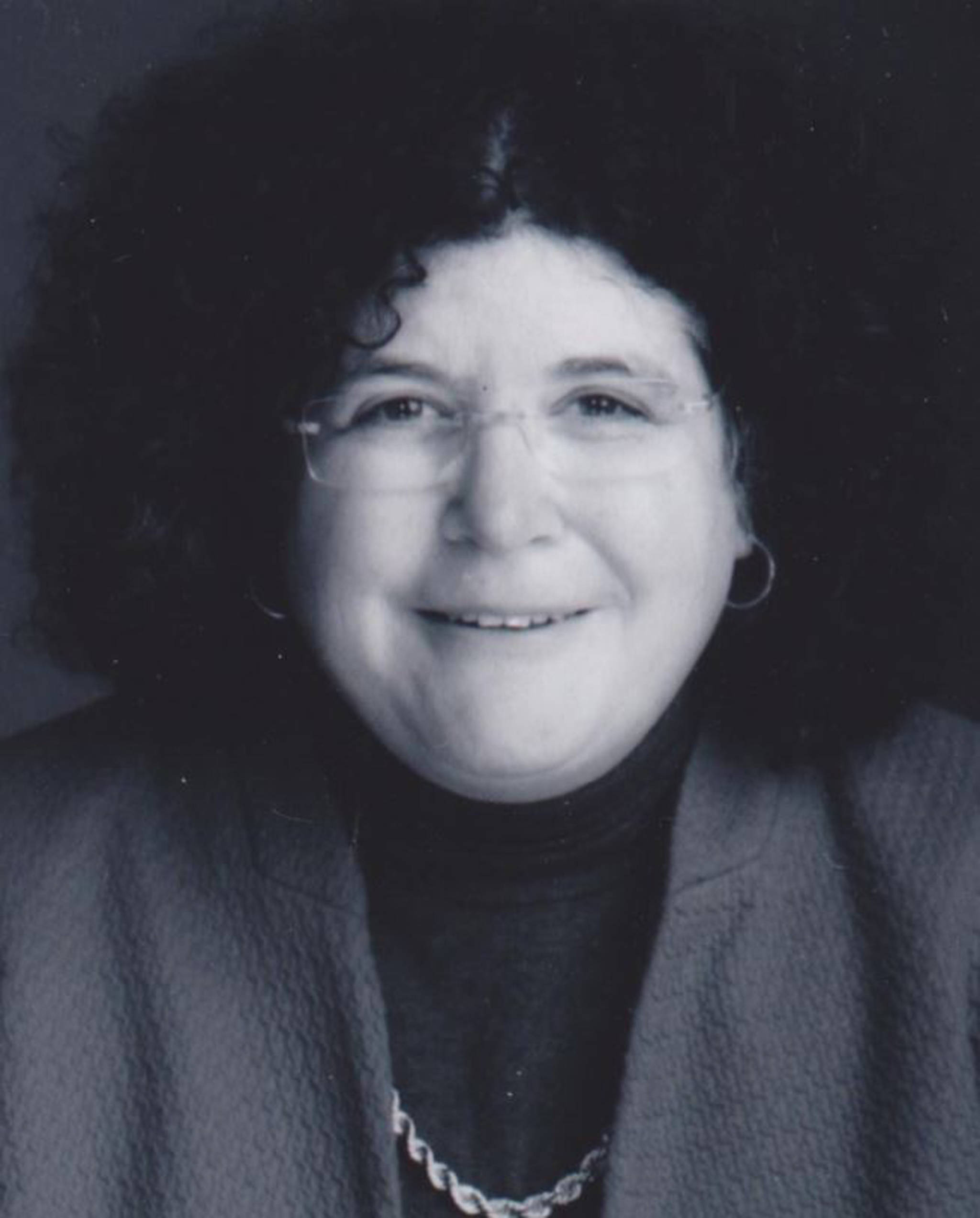The task of choosing Juneau’s next Superior Court judge is now in the hands of the governor.
Members of the Alaska Judicial Council nominated two local attorneys — City and Borough of Juneau Municipal Attorney Amy Mead and defense attorney Julie Willoughby — for the position earlier this month after going through a months-long selection process, Alaska Judicial Council Executive Director Susanne DiPietro said.
Ten people applied to fill the vacancy, which will be left by the retirement of current Juneau Superior Court Judge Louis Menendez. Three of those applicants withdrew their applications, leaving the Judicial Council with seven candidates.
The Judicial Council is required to pick at least two people based on who the council members believe to be the most qualified. Gov. Bill Walker has 45 days to make his selection. DiPietro said Walker usually takes his time with his judicial selections.
Mead and Willoughby both declined to comment on their nominations. DiPietro said many of the council members’ conversations are not publicly available, so she was not able to share the specifics about why Mead and Willoughby were chosen.
The Judicial Council’s process includes feedback from attorneys and judges who have seen the applicants in action. Council members talk to attorneys who have opposed the applicants in court, asking them about an applicant’s diligence, integrity and other factors.
A survey is sent out to members of the Alaska Bar Association that asks colleagues to rate applicants on five factors: professional competence, integrity, fairness, judicial temperament and suitability of experience. According to the survey, which is available online, 923 of the 3,367 people (27.4 percent) invited to participate in the survey responded.
According the survey, Willoughby had the highest overall mean rating (4.3 out of a possible 5) from those surveyed. Mead had the fourth-highest overall mean rating (3.7), behind fellow applicants Kevin Andrew Higgins and Hanna Sebold (both 3.9).
The Judicial Council members then came to Juneau, DiPietro said, to interview candidates and hold a public meeting May 17. At the public meeting, DiPietro said, around 10 people showed up to share their thoughts on the candidates. They come for various reasons, DiPietro said. Some want to speak in support of a candidate, some speak against a candidate (which didn’t happen at the Juneau hearing, DiPietro said) and some just want to talk about the position in general.
“Some people come to let the council know what particular qualities the council should be looking for in for the vacancy in that location,” DiPietro said, adding that this kind of testimony helps them better define their search.
The council members then held a vote two Fridays ago, DiPietro said, choosing the two candidates they feel are the most qualified ones. While this process was based on statistics and interviews and kept objective as possible, DiPietro said, the governor can go through his own process. Each governor has a different approach, she said.
Along with Menendez retiring this year, Juneau District Court Judge Thomas Nave is also retiring this summer. The Alaska Legislature voted in February to turn Nave’s position into a second superior court judge position in order to handle the increasing amount of felony cases. This was at the request of Alaska Chief Justice Craig Stowers.
DiPietro said the Judicial Council will start advertising the new position in late June. Anyone who applied for this current vacancy, she said, will have to re-apply if they are interested in the new position.
• Contact reporter Alex McCarthy at 523-2271 or amccarthy@juneauempire.com. Follow him on Twitter at @akmccarthy.

